Thursday, November 3, 2011
REVIEW OF ED LYNSKEY'S NOVEL LAKE CHARLES: A MYSTERY NOVEL
Hi folks,
When I first picked up Ed Lynskey’s novel, Lake Charles, I was excited to read a book set in a place I used to live and had fond memories of—Lake Charles, Louisiana. As I began reading, I got a bit confused as the setting didn’t sound anything like the place I’d lived in.
Turns out, it wasn’t. The Lake Charles of Lynskey’s novel was another lake entirely, a man-made body of water created by the TVA in Tennessee.
Also turns out, it didn’t matter. This was as dark and as Gothic as anything else Southern, and it could have worked just as well if it had been set in the Louisiana town of the same name.
And, it is dark and very Gothic! Atmosphere up the yazoo. Or… kudzu… Precisely my cup of tea. An absolutely amazing novel.
Rather than go into the plot points, which others, better qualified for that kind of stuff do a better job than I ever could, I just want to talk about my visceral reactions. First, I never consciously seek out symbolism in novels. Symbols mostly just get in the way of enjoying the story. But, there are some in here that were so well-done and so organic to the tale that not only did they not interfere with the reading pleasure, but caused it to transcend what will be termed “genre” literature by some into something I feel would more accurately be looked at as simply literature. Good and even great literature.
The lake itself is the most pervading character in the novel. Its water is slimy, odoriferous, and malignant. I’m assuming Lynskey intended it to stand for things manmade, things our modern civilization have wrought to what used to be a wondrous example of nature with a capital N. It reminded me of what uber-agent Donald Maass once related to me as being one of the elements that all great books contained—a magical place. A physical place in the best novels where seminal events took place. We were talking about that at a workshop we were both appearing at a couple of years ago, and it dawned on me that he was exactly right. “Like the street in Dennis Lehane’s Mystic River,” I exclaimed. “The story begins there with the boy’s kidnapping and it comes up at crucial times and ends there—in the movie with the Sean Penn character, where he slumps to the curb when he realizes the monstrosity of his murder of that same boy now grown, years later.”
“Exactly,” Don said, and we were off to a discussion of similar mystical/mythical places in literature.
Well, add Lake Charles to that list. Like Dennis Lehane with his Boston Southy street, like Raymond Chandler with L.A., like Ellen Gilchrist with New Orleans, like Russell Banks with various locales—Lynskey has made a setting a living, breathing character.
A dark,foreboding, malignant, malevolent character. Since reading this book, I’ve seen the lake in my nightmares at night and I always awake drenched with sweat. Only the best of books have that power and this one qualifies. It’s a story of loyalties—both familial and friendship, a tale of the evilness of drugs and what they’ve done to society, and, in the end, and for me, most of all it’s a look back at the days of my youth growing up in East Texas where people took care of their problems themselves and if it took violence to enact justice, well, violence is what took place. We didn’t look for the police or the courts or lawyers to solve our problems, but acted as men and took care of them ourselves with whatever it took. In these days of “social consciousness” or whatever they call it, taking matters into one’s own hands is frowned on and will likely get you called out on talk shows, but… man-oh-man! I long for those days!
This is a vigilante novel and an example of how vigilantes aren’t always the bad and nasty thing they’re often made out to be. It seems to me that this and novels and movies of this sort are hugely popular simply because there are a lot of us who long for those “good old days” when people took care of their own problems and didn’t depend on others. Brendan Fishback, the protagonist, hooks up with his best friend’s father, Mr. Kuzawa, as they team up to avenge the murder of Kuzawa’s son and Brendan’s best friend, Cobb, and to find the kidnappers of Brendan’s twin sister Edna by the same folks, and the result is Southern justice of the sort that makes you jump up and cry: “Yeah!” when they triumph over evil.
This is just one of the best novels I’ve read this year, simply put.
Blue skies,
Subscribe to:
Post Comments (Atom)


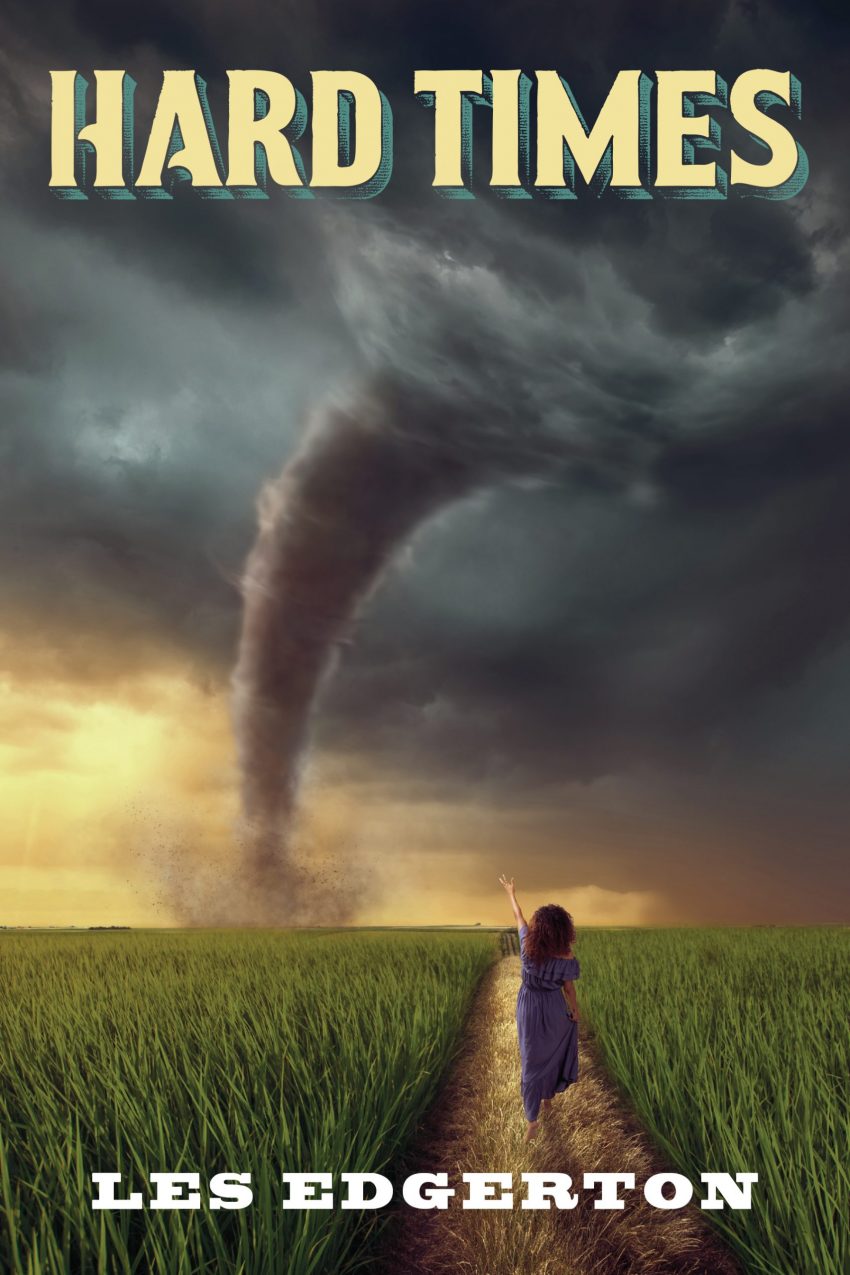
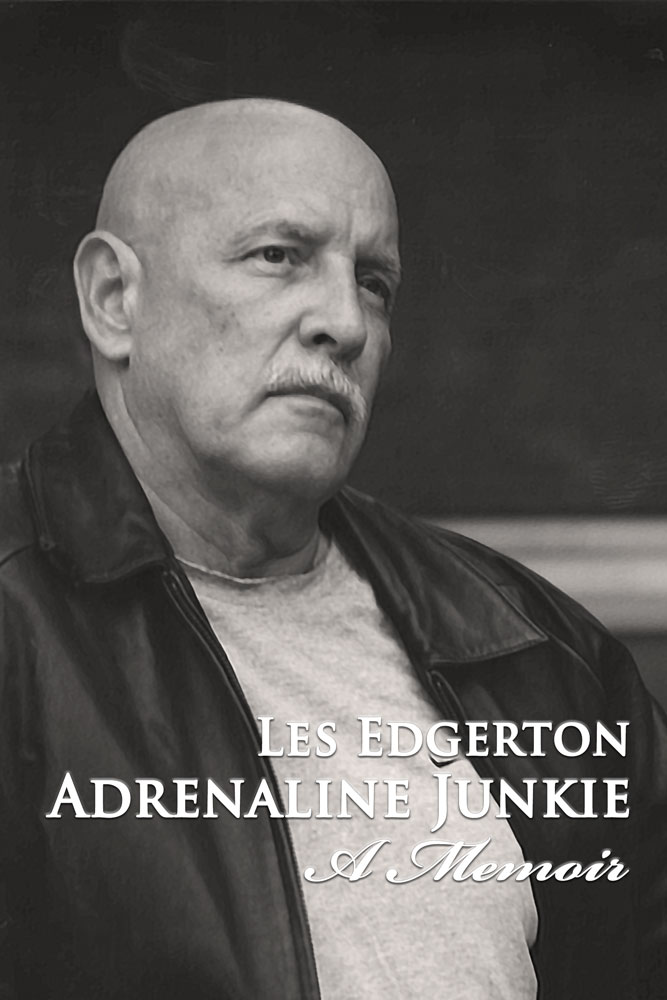
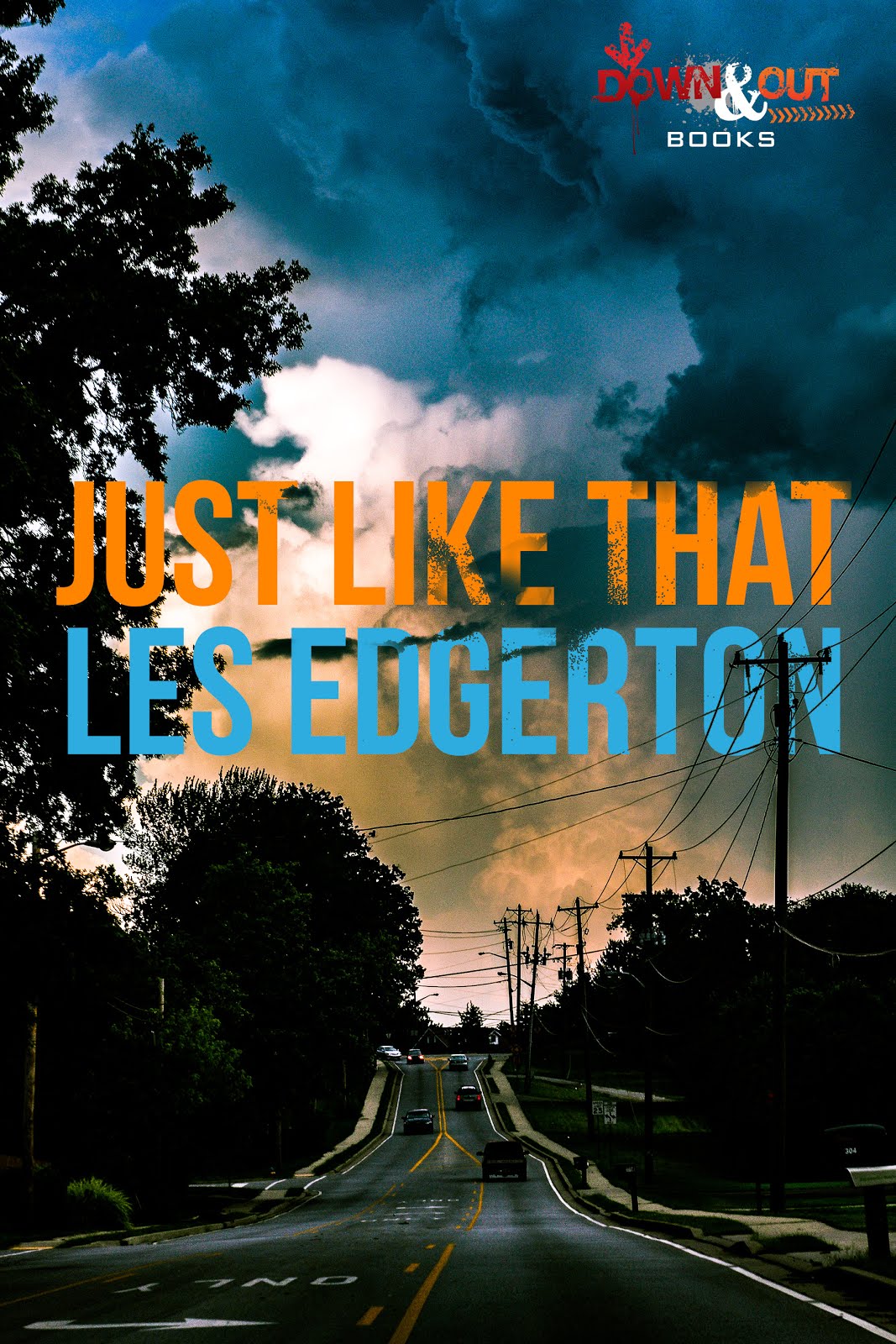

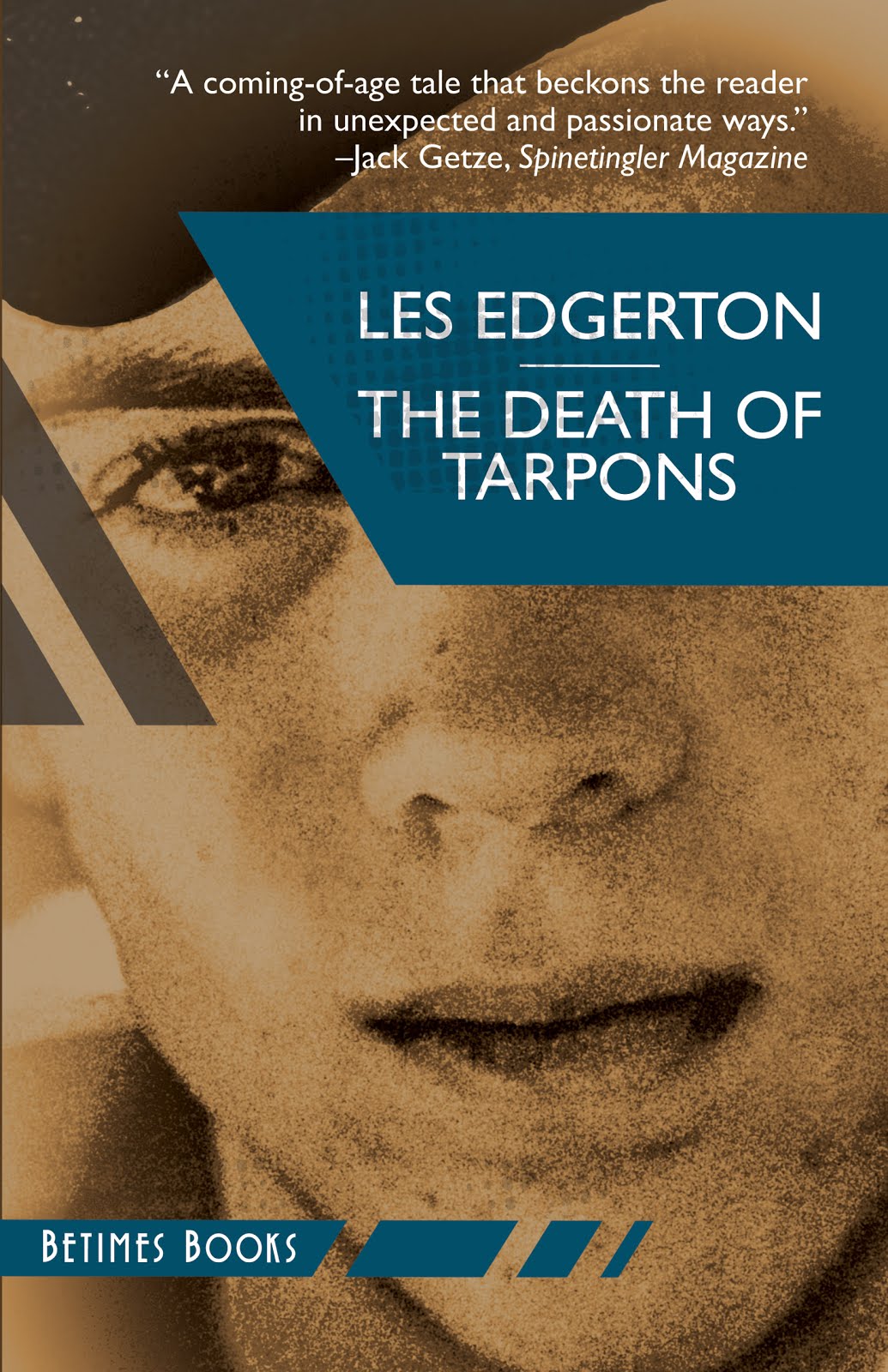

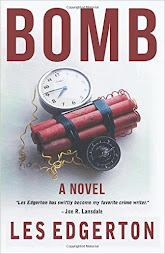
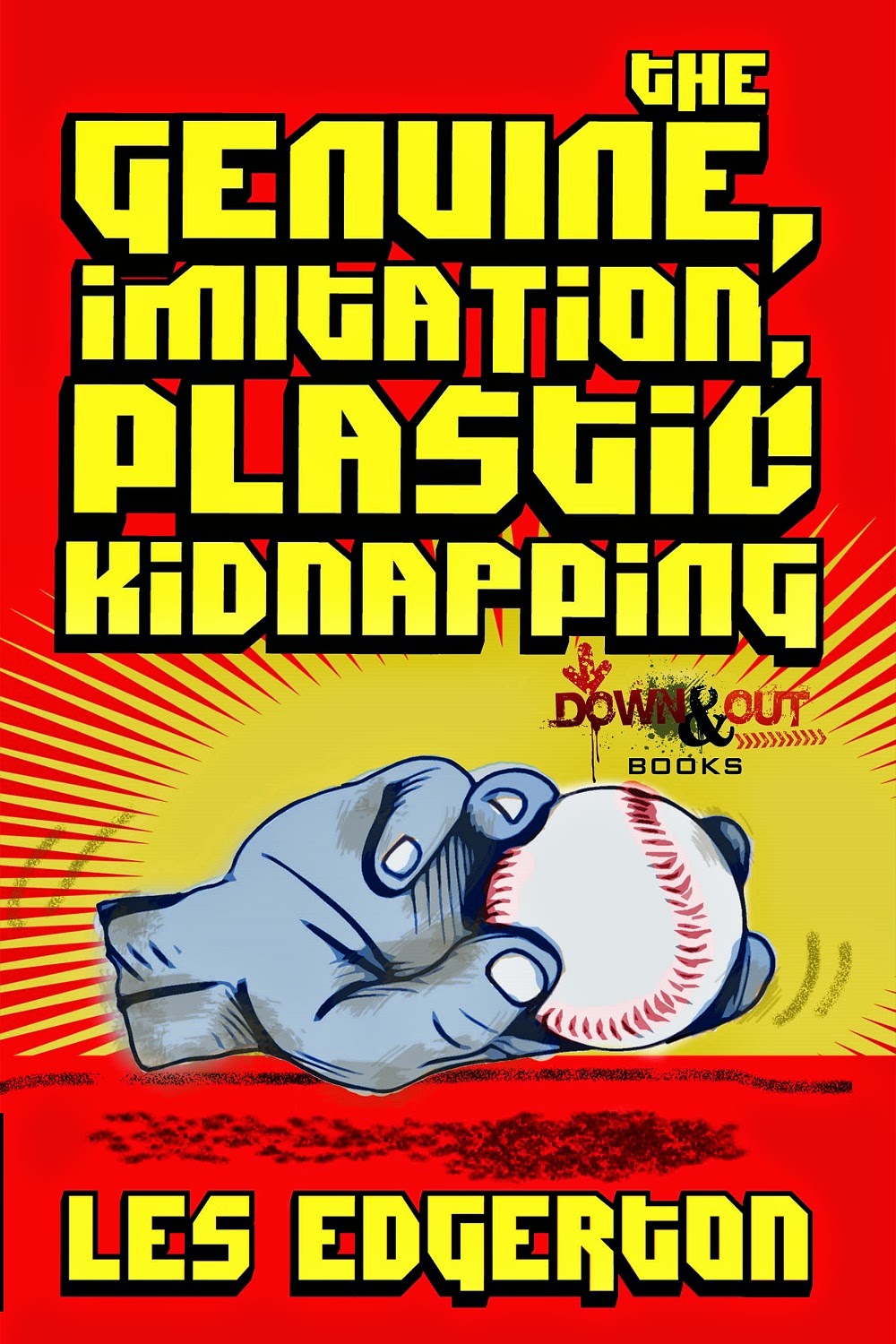

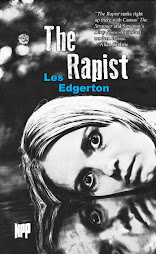

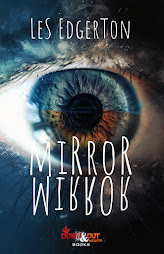
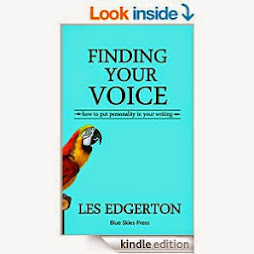
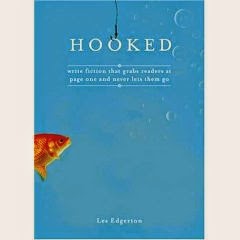

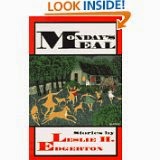
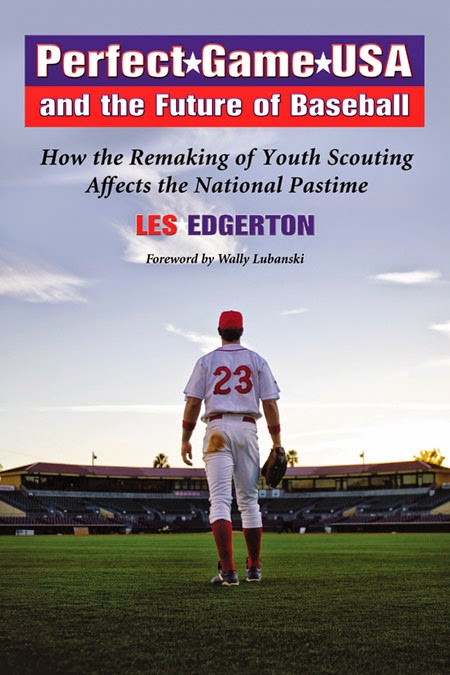
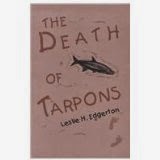

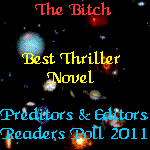
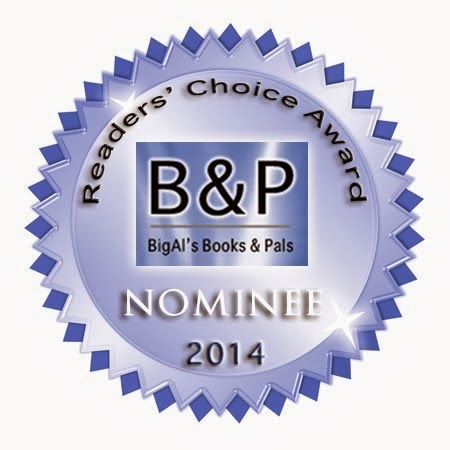




5 comments:
I was drawn to your review because I still live in Lake Charles, its water made foul by the bordering petro-chemical plants. I found your review fascinating. Symbols are always in novels, we authors put them there unconsciously I believe as we spin our tales in the dark of our minds. I wish you nothing but success in your publishing dreams, Roland
Thanks, Roland, and great t'meetcha! I take it you live in the Tennessee Lake Charles, right? I lived in the Louisiana town at that name, but am very familiar with most of Tennessee as my son Mike played a lot in that state all over. In fact, I keep telling my wife I'd love to move to Memphis (one of my favorite towns in the world!), but she won't budge.
If you haven't yet read Ed's book, I highly recommend it.
Meant to say "Mike played baseball a lot in Tenn." His travel team played there every year for at least six years and he always went to Coach Rod Delmonico's camp at UT.
No, I live in Lousiana's Lake Charles, home of CONTRABAND DAYS and a polluted lake (the city fathers would stone me for saying that -- but as a college student, I and other lab rats ran studies on the lake water. Ah, I never went back in.) Hope your weekend runs great, Roland
Roland, that's where I lived! I cut hair in a shop there (forget the name), and used to drive down to the Gulf and crab and fish. Went in the swamp all the time after critters. One of the weirdest experiences was, one Sunday, my wife and I were at the apex of the bridge over the lake and everyone stopped and began yelling and honking our horns. Two ski boats were headed for each other from both sides of the point and couldn't see each other. Each party started waving at us as they thought we were applauding their skiing. At the last minute, they came together, head-on, collided and bodies went everywhere and boats blew up. Don't remember how many died, but it was a bunch! Both boats were filled and each pulling a skier. Can't remember the canal we used to drive along to the Gulf but at 65 mph one time we counted over 100 gators just from the car. I grew up in East Texas where we had lots of gators so it was like home.
Post a Comment